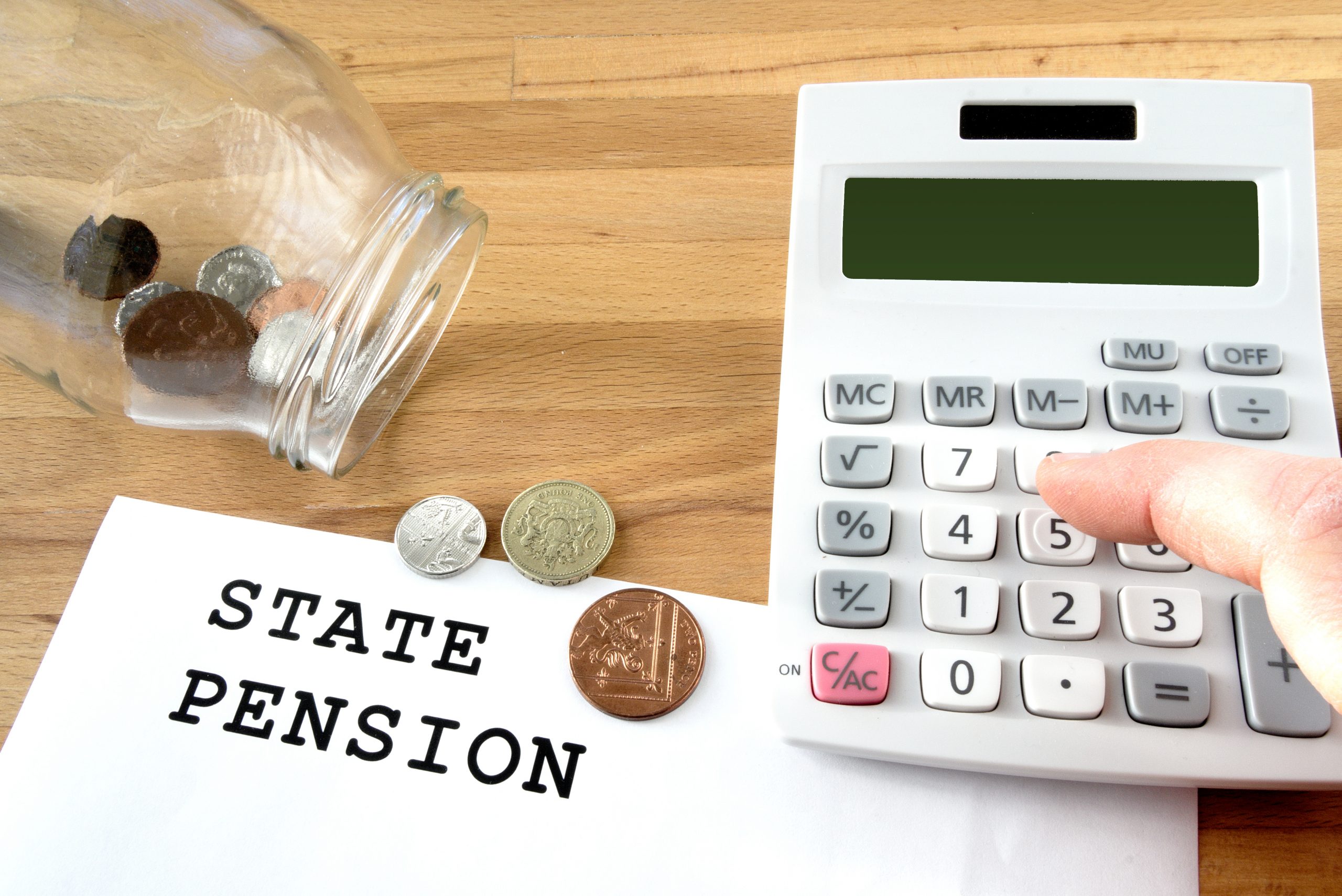News
Peers vote to save pension triple lock

The House of Lords voted 220 to 178 in favour of retaining the state pension triple-lock next year.
The triple lock is the mechanism used to calculate increases to the state pension each year. It guarantees the basic state pension rises by whichever is highest out of average earnings, inflation or 2.5%.
Sticking to the triple lock formula this year would have granted state pensioners an increase of around 8.8% after the pandemic created huge earnings distortions.
The amendment in the House of Lords passed yesterday backs using an adjusted earnings measure “to take account of the exceptional impact of the Covid-19 pandemic on the level of earnings”.
The government expects to save £5.4bn in 2022/23 following the decision to increase the state pension by 3.1% inflation figure rather than July’s 8.3% earnings growth figure.
However, it’s still likely that the House of Commons could overturn the peers’ vote – experts say that ministers are likely to reject the amendment and stick to the plan to reinstate the triple-lock in 2023.
The government announced last month that the earnings element of the state pension ‘triple lock’ will be abandoned for one year.
Tom Selby, head of retirement policy at AJ Bell, said: “Scrapping the state pension triple-lock – a Conservative manifesto commitment – for one year was always going to be controversial, with pensioners set to miss out on a post-lockdown 8.3% boost in their retirement incomes.
“While a 3.1% inflation increase is better than nothing, with prices expected to rise by 4% over the next 12 months this is likely to feel like a cut in real terms for millions of retirees.
“However, the government has already banked over £5bn a year in annual savings from the move and so is highly unlikely to budge from its position. If the triple-lock were to be retained, the revised earnings measure would likely need to save the exchequer almost exactly the same amount of money as scrapping the triple-lock – meaning the net impact on those in receipt of the state pension would in any event be relatively small.”
How axing the triple-lock will affect retirees
If the state pension rises in line with September’s 3.1% inflation figure in 2022, the basic state pension will rise by £4.25, from £137.60 a week to £141.85 a week. The flat-rate state pension will rise by £5.55, from £179.60 a week to £185.15 a week.
If the earnings element of the triple-lock had been retained, the state pension could have increased by 8.3% next year. This would have increased the basic state pension to £149 per week and the flat-rate state pension to £194.50 per week.
The decision to suspend the earnings element of the triple-lock for 2022/23 will therefore ‘cost’ retirees in receipt of the full flat-rate state pension £9.35 per week.